Winter is a homesteader’s test of readiness, and if you’re new to the lifestyle, it can feel like there’s a mountain of tasks to tackle. But here’s the good news: with some thoughtful preparation, you’ll not only survive your first winter but feel a sense of pride in how well you’ve prepared. The key is to focus on the essentials—keeping your home warm, your animals healthy, and your pantry stocked.
Winter preparation is all about planning ahead and staying proactive, not reactive. It’s easier to solve problems before they happen than to face them in the dead of winter. Let’s dig into the most important things to get done before the cold sets in.
Check and Insulate Your Home

Your home is your refuge, and keeping it warm without wasting energy is crucial. Inspect windows and doors for drafts, seal gaps with weatherstripping or caulk, and add insulation where needed. Pay special attention to attics, crawl spaces, and pipes that could freeze. A properly insulated home will save you money on heating and keep everyone cozy through the season.
Stockpile Firewood or Fuel

If you rely on wood stoves, fireplaces, or any alternative heating source, now is the time to stock up. Aim for a variety of hardwoods like oak or maple for long, steady burns, and make sure your wood is seasoned and dry. For those using propane or oil, schedule a refill now to avoid mid-winter shortages or price spikes.
Deep Clean and Maintain Your Chimney
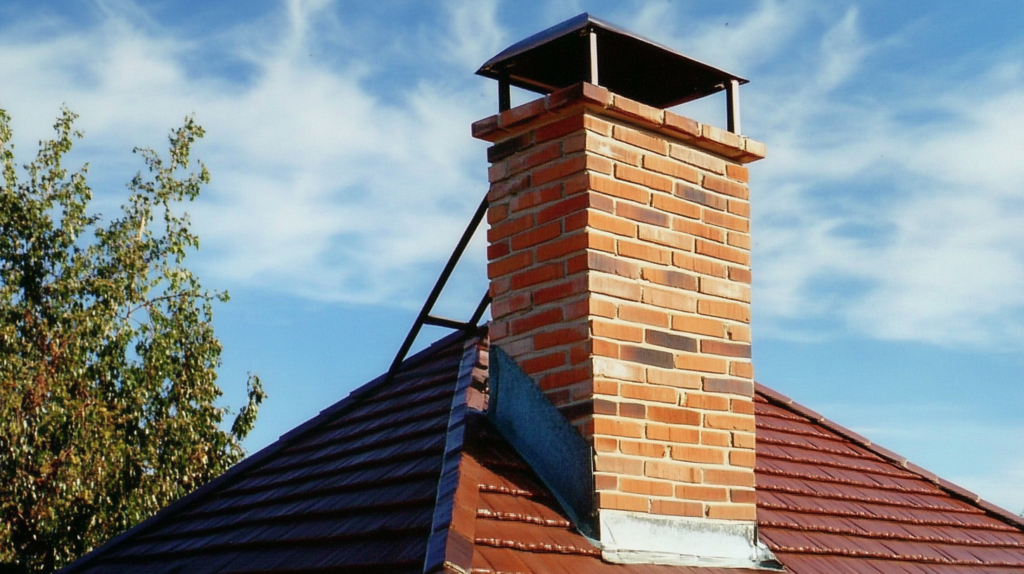
A clogged or dirty chimney is more than inefficient—it’s dangerous. Creosote buildup can cause chimney fires, so hire a professional chimney sweep or clean it yourself if you have the know-how. While you’re at it, check for cracks or leaks in your chimney and repair them to ensure safe, efficient heating.
Preserve and Can Your Harvest

Homesteading is all about self-reliance, and preserving your harvest is a cornerstone of winter preparedness. Spend time canning, fermenting, or freezing your surplus fruits, vegetables, and meats. Label everything clearly and store it in a cool, dry place to build a pantry that will see you through until spring.
Prepare Your Livestock for Cold Weather

Animals need extra care in winter, and preparation now will save you stress later. Ensure their shelters are weatherproofed and free from drafts while still allowing for ventilation. Stock up on feed, hay, and bedding materials to avoid running out in a snowstorm. Heated waterers or de-icers can prevent water from freezing and keep animals hydrated.
Winterize Your Garden
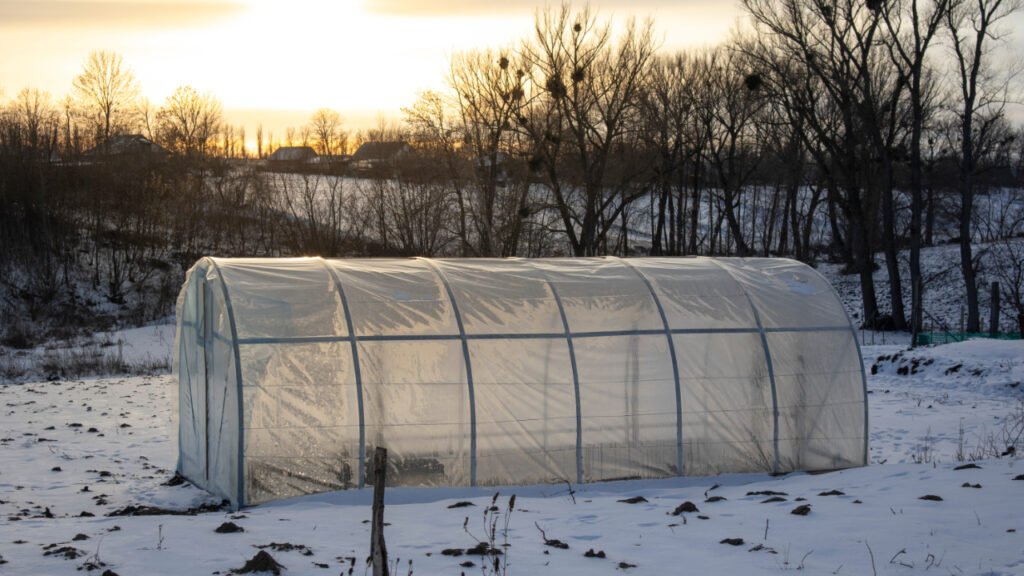
Your garden doesn’t have to go dormant entirely during winter. Plant cold-hardy crops like kale or carrots, cover your soil with mulch or a frost cloth, and clean and store your tools properly. If you have raised beds, consider wrapping them in burlap to protect the soil from harsh freezes.
Test Your Backup Power Systems
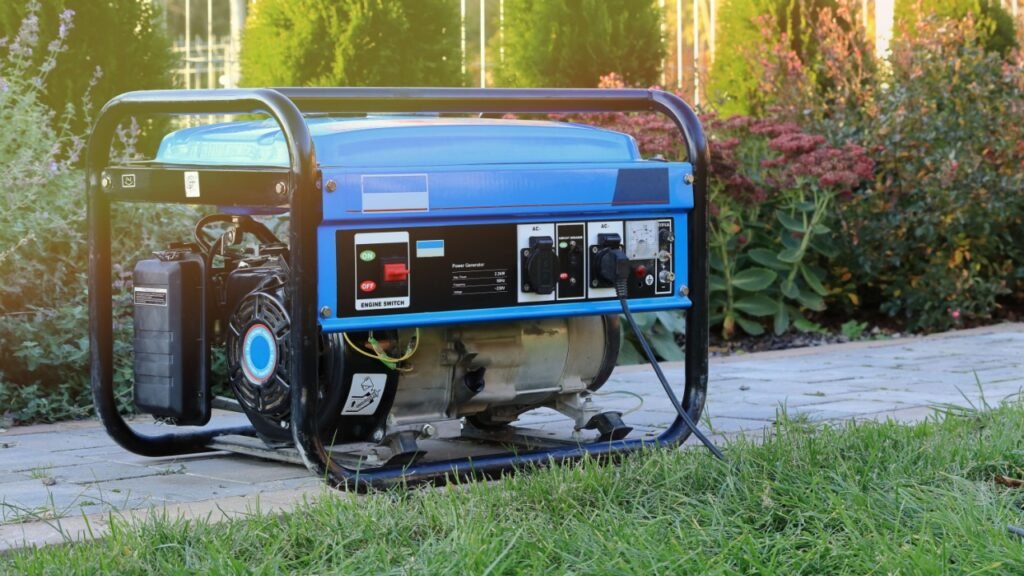
Power outages are common in winter storms, so make sure your backup systems are ready to go. Test your generator, and stock up on fuel or batteries. Solar-powered options are also worth considering, especially for running small appliances or charging devices.
Store and Protect Your Tools

Outdoor tools and equipment can take a beating if left exposed to the elements. Clean, oil, and sharpen tools before storing them in a dry, protected space. For larger equipment like tractors or mowers, check the oil, stabilize the fuel, and cover them with weatherproof tarps.
Stock a Medical and Emergency Kit

Winter conditions can make medical emergencies harder to handle, so having a fully stocked first aid kit is a must. Include items like bandages, antiseptics, medications, and thermal blankets. Keep a secondary emergency kit with flashlights, extra batteries, and backup power banks for long-term power outages.
Insulate and Maintain Water Sources
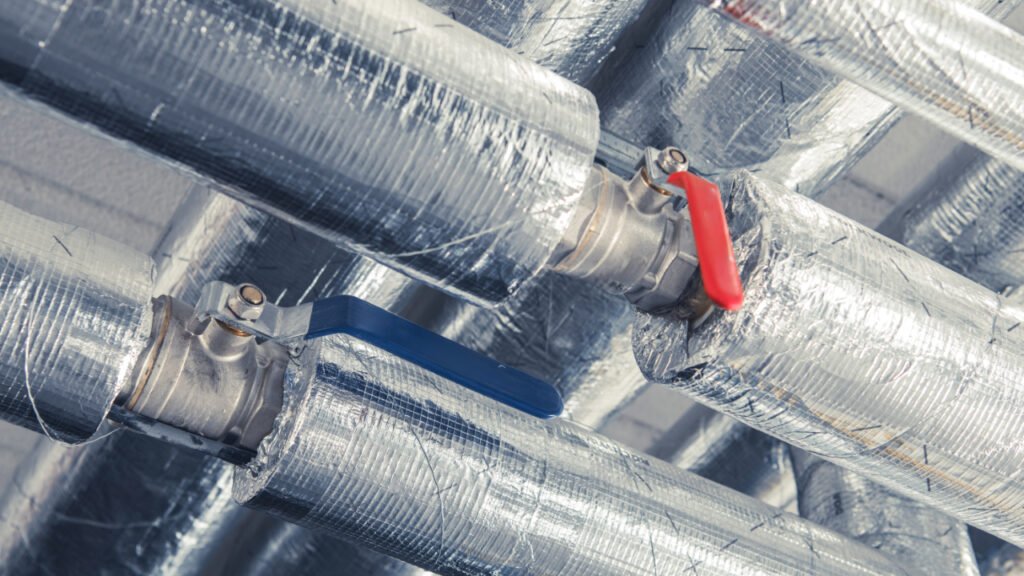
Frozen pipes and water supplies can derail even the most prepared homesteaders. Wrap exposed pipes with insulation and use heat tape for extra protection. For outdoor water sources, add insulation to tanks and hoses, or invest in freeze-proof models.
Plan for Snow and Ice Management
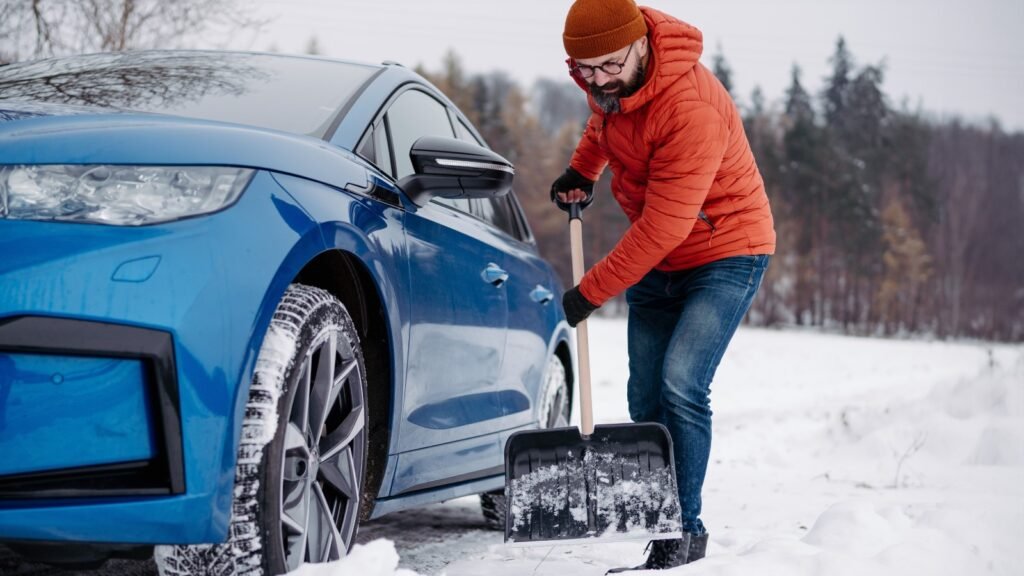
Snow and ice can block access to critical areas of your property, so be ready before the first storm hits. Stock up on snow shovels, ice melt, or sand, and make sure your plows or snowblowers are in working order. Map out a plan for keeping paths clear to animal shelters, outbuildings, and your vehicle.
Conduct a Food Inventory

Take stock of your pantry, freezer, and root cellar now to ensure you have enough staples to get through the season. Make a list of missing items and fill those gaps before winter weather limits trips to the store. Think about non-perishable basics like rice, beans, flour, and canned goods.
Prepare Your Vehicles
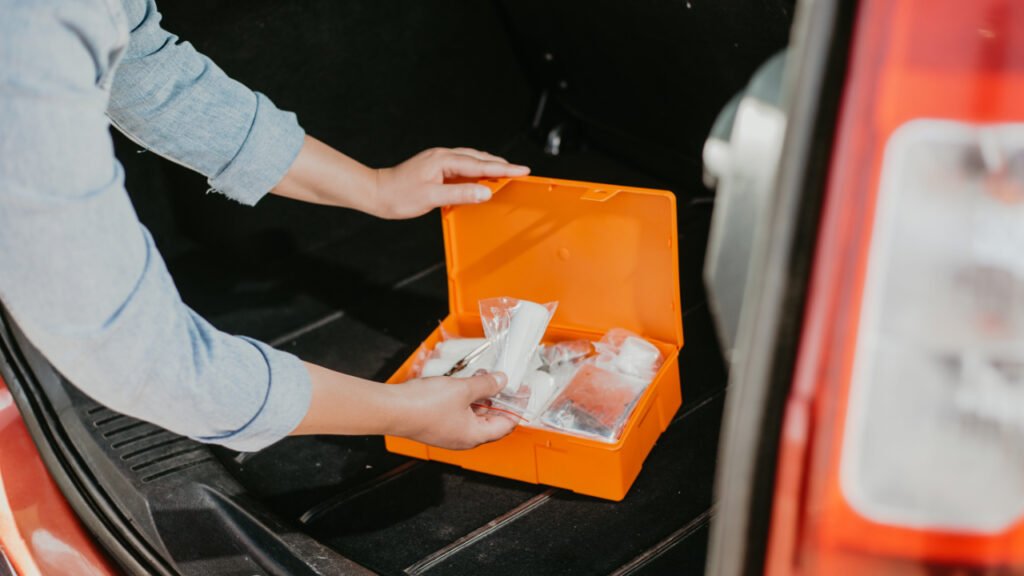
Reliable transportation is essential during winter, especially if you live far from town. Check your vehicle’s tires, battery, and fluids, and carry an emergency kit with blankets, food, and water. Snow chains and a small shovel can also be lifesavers if you find yourself stuck on icy roads.
Trim Trees and Clear Brush

Winter storms can turn weak branches into dangerous hazards. Walk your property and prune any trees or shrubs that could damage your home, power lines, or animal shelters during high winds or heavy snow. Clearing brush also reduces fire risk near your buildings.
Build a Plan for Indoor Entertainment

Winter days can be long, especially when cabin fever sets in. Gather books, puzzles, games, and craft supplies to keep everyone entertained. Planning for downtime can make winter feel less like an ordeal and more like an opportunity to relax and reconnect.
Revisit Your Budget and Emergency Fund

Winter can bring unexpected costs, from repairs to rising energy bills. Review your finances now, set aside an emergency fund if possible, and look for ways to cut unnecessary expenses. A solid budget will help you weather the season without added stress.
Test and Maintain Your Heating Systems

Whether you use a furnace, a wood stove, or another system, give it a full inspection before winter arrives. Change filters, clean components, and check for any issues that could compromise efficiency or safety. Professional servicing can help you catch problems before they become emergencies.
Secure Your Food Storage Areas

Critters like mice and rats are eager to share your bounty during winter. Inspect your food storage areas for signs of pests, and use airtight containers to protect grains, seeds, and dried goods. Set traps or deterrents to keep unwanted guests out of your pantry.
Reflect and Take Notes for Next Year

Homesteading is all about learning from experience. Take a few moments to document what worked, what didn’t, and what you’d do differently next winter. Your notes will be invaluable as you grow and refine your skills year after year.

